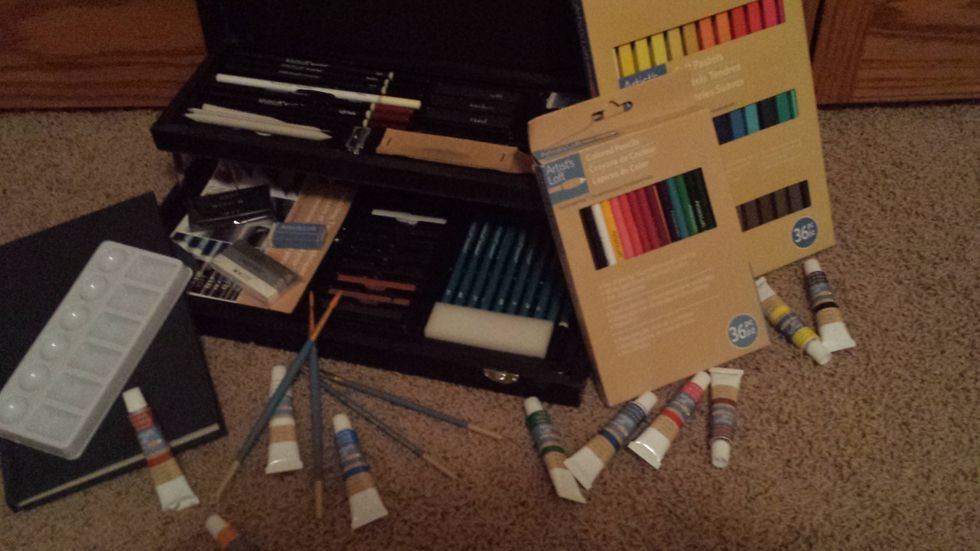There are a lot of times as a college student where I find myself skimming through countless pages of lecture notes attempting frivolously to prepare for an upcoming exam before realizing two very obvious things...I am not actually enjoying my studying and I don’t feel as though I am getting anything out of my notes.
This is a problem because it means that I likely won’t be able to retrieve the information I studied on the exam because it is not etched into my memory enough and that I won’t have the dedication to look over everything I need to look over with enough repetitions to remember/comprehend it.
From speaking with friends and family alike, I’ve gleaned that many others also can experience this cycle of ineffective studying resulting in lower exam scores. It honestly wasn’t until I began college that I realized how to take the most effective and efficient notes. So, I thought I’d extend a helping hand to anyone out there who may be reading this and who needs just a few tips to improve their studying and note-taking, these may not necessarily decrease your study time but they will provide you with a heightened sense of accomplishment.
Central to the activity of studying, especially when it comes to an exam, is taking notes. The quality of your notes can say a lot about what type of student you are and provide an important and individual guide to studying for a test. Perhaps the most crucial tip when taking notes I can provide is to take notes that you are proud of, notes that you would be thrilled to show to a prospective student, a friend, or your aunt or grandma when you go home for spring break. This means different things to different people. For you, it could mean that you make them colourful, add doodles and highlights, write them with fun pens, put gold stars next to key points, etc…
Remember to also take your notes in the way that makes the most sense to you. In textbooks as in lectures, the content is often described in at least two different ways, for both clarification and as an effort to suit different learning/comprehension styles. Take advantage of this! Write down either what the Prof says OR what is on the board, write them both even if you feel you need to or will understand it better both ways. Having notes that are well written and aesthetically-pleasing to look at, and notes that are written in the way you best understand, most likely with some sort of key or at least full consistency, are very important because they will make you eager or at the very least less resistant, to going back and studying them.
When reflecting back on my notes before an exam, I generally prefer to study the content in small chunks, roughly twenty minutes or so at a time, so as not to get distracted, and, of course, to allow myself plenty of time to complete other coursework. Sometimes it can be tough to have an attention span long enough to study fifteen pages of notes for two days before an exam: understandable, right?
At the very least these are some beginner tips to help anyone study, and there are obviously boatloads of more tips, tricks, and hacks available, but I hope these brief tips can provide a solid foundation for you to build upon. Happy studying!




















